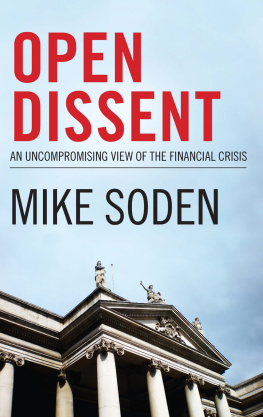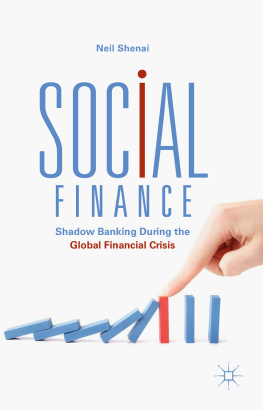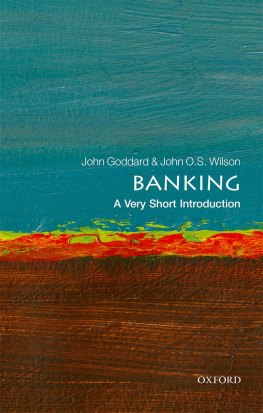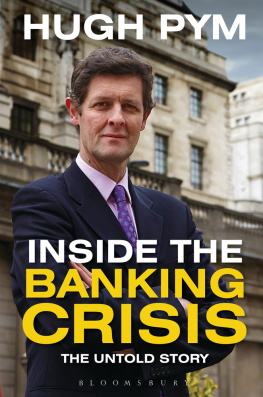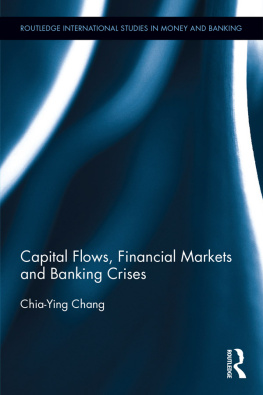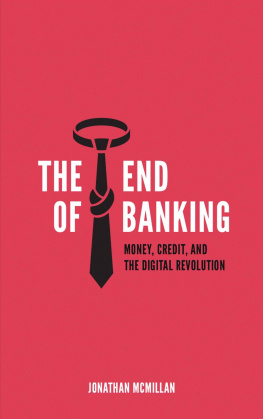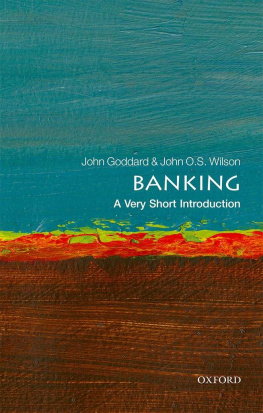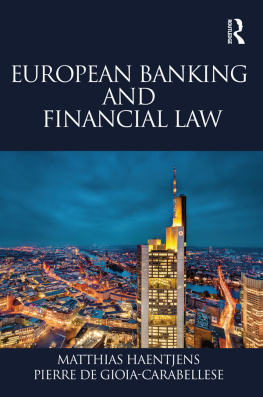OPEN DISSENT
Open
Dissent
An Uncompromising View
of the Financial Crisis
Mike Soden

Published by Blackhall Publishing
Lonsdale House
Avoca Avenue
Blackrock
Co. Dublin
Ireland
e-mail: info@blackhallpublishing.com
www.blackhallpublishing.com
Mike Soden, 2010
ISBN: 978-1-84218-212-3
A catalogue record for this book is available from the British Library.
All rights reserved. No part of this publication may be reproduced, stored in a retrieval system or transmitted in any form or by any means, electronic, mechanical, photocopying, recording or otherwise, without the prior, written permission of the publisher.
This book is sold subject to the condition that it shall not, by way of trade or otherwise, be lent, resold, hired out, or otherwise circulated without the publishers prior consent in any form of binding or cover other than that in which it is published and without a similar condition including this condition being imposed on the subsequent purchaser.
Printed in Ireland by ColourBooks Ltd.
ABOUT THE AUTHOR
Mike Soden was born in Dublin in January 1947. He attended Willow Park School and Blackrock College. After graduating from UCD in 1968 with a B.Comm. degree, he emigrated to Canada where he worked for Shell Canada Ltd and Xerox. He returned to Ireland in 1973 where he was appointed a loan officer with the Industrial Credit Company.
Mikes international career in banking was launched when he became branch manager for Citibank NA in Cork in 1975. The next ten years saw him relocate to London, Oslo, New York and Toronto in a variety of different capacities for the bank, including as global head of derivatives in New York and head of Citicorp Investment Bank Canada. In 1985 he was headhunted to set up an international capital markets organisation in London for Security Pacific, one of the top five banks in the US at the time.
Mike retired in 1990 from Security Pacific and remained so until the end of 1994, when he was approached to build a wholesale banking operation for National Australia Bank in London. In 2000 Mike was appointed global head of retail banking for National Australia Bank, with responsibility for 40,000 employees in 7 different banks and retail divisions in Australia, New Zealand, the US, the UK, Scotland and Ireland.
In 2001 he was approached to return to Ireland to become chief executive of the Bank of Ireland Group. He retired from Bank of Ireland in 2004.
All royalties from this book will form the authors contribution to 1 in 1000 Running for Cystic Fibrosis (http://runningforcf.ie), which mobilised 1,000 women to participate in the Flora Mini Marathon on 7 June 2010.
1 in 1000 raised over 200,000 for a cystic fibrosis isolation unit in Our Ladys Childrens Hospital, Crumlin.
PREFACE
On Sunday, 3 January 2010 I was a guest on RTs Marian Finucane Show. The country having just experienced the worst financial year since the formation of the state, the reverberations of which would be felt for decades to come, was the background to the programme. The next day I received a call from Blackhall Publishing enquiring as to the likelihood of me writing a book on the subject of the financial crisis that was afflicting Ireland and the rest of the world. As a result of various meetings, I have proceeded on the basis that the objective of this book is to crystallise what happened to cause the crisis, internationally and nationally, why it has had such a particular effect on Ireland, and how and when we might see ourselves out of this conundrum. While many of us are looking for retribution for what has happened, I feel it best to leave the name, blame and shame game to an official enquiry.
The challenge of putting pen to paper on a subject in which I had been immersed over a 35-year career in banking seemed too good to pass up. I have spent years deeply involved in the international capital markets in London, New York, Toronto and Melbourne and I have gained experience in most areas within the financial system, ranging from debt to equity, branch banking to derivatives and commercial banking to investment banking. Much has been written on both the global and Irish financial and economic crisis to date. The one thing I, as an experienced insider, can bring to the table is a clear understanding of what best practice is in managing large numbers of complex financial activities around the world, which involves knowledge and experience in governance and the control of risk.
From my time serving on boards in Ireland I see that there is a particular culture prevalent that leads to the suppression of different opinions; I call this silent dissent. This is a somewhat intangible element of the reasons for the harshness of the crisis here. Leadership and governance are wanting in all areas of Irish society, most particularly, as recent events have demonstrated, in our Government and our banks. These themes need to be addressed in the context of our recovery; a lot of what I have to say in this book relates to our recovery and the embracement of a new reality, or a new normal. I bring my own experiences of working in international banking into the book, along with observations on banking in Ireland and its future. The measures and remedies I suggest are the result of keeping my mind open to the best opportunities for Irish banking and the Irish economy. This book discusses these ideas openly, keeping in mind that they may not perhaps be palatable to everyone.
For Lou, the most selfless and
dedicated partner one could have
ACKNOWLEDGEMENTS
Beginning at the beginning, I thank Marian Finucane for having me on her show on 3 January 2010, an event from which the idea for this book was born. I appreciate Blackhall Publishings initial interest in me as an author and for all the work they have done producing and marketing the book. I reserve special mention for my editor, Elizabeth Brennan, who managed to walk the line between being my saviour and the bane of my life over the past six months. Thanks to Karen Butler, who typed up the first draft of the book and gave us something tangible with which to work from the outset.
I thank Mark McNamara of Morgan Stanley International for his contributions. Fiona Ross of the National Library offered the library as place for uninterrupted writing and thinking, and has also provided facilities at the library for the book launch. I am grateful to Matt Cooper for launching the book.
Dearbhail McDonald, who was also writing her own book, took the time to discuss issues with me and trade information. Thanks to Neil Macdougald for his photography skills.
A warm thanks to anyone who has helped me out with this book, and especially to my family and friends for their support and encouragement.
CONTENTS
A View from Dame Street
The Crisis in Ireland |
Who Pays the Piper? The Concept
of Fairness in Our Society |
The Model Is Broken A New
Financial Services Landscape |
Misery Loves Company
Ireland and the European Union |
When Lehman Brothers collapsed with liquidity difficulties in the US on Monday, 15 September 2008 it sent shockwaves throughout the financial world. The trust and friendliness of the interbank markets, which were a major source of liquidity for Irish banks, evaporated in front of our eyes. In times of crisis all head offices bring down the shutters to protect home base and this would include recalling major offshore deposits. These offshore deposits made up a great part of Anglo Irish Banks funding. As they were being withdrawn for whatever reason, the bank was unable to replace them and so needed government assistance. The nervousness and volatility over the next two weeks forced the Government to come out with its guarantee on the deposits and debts of all Irish banks.

